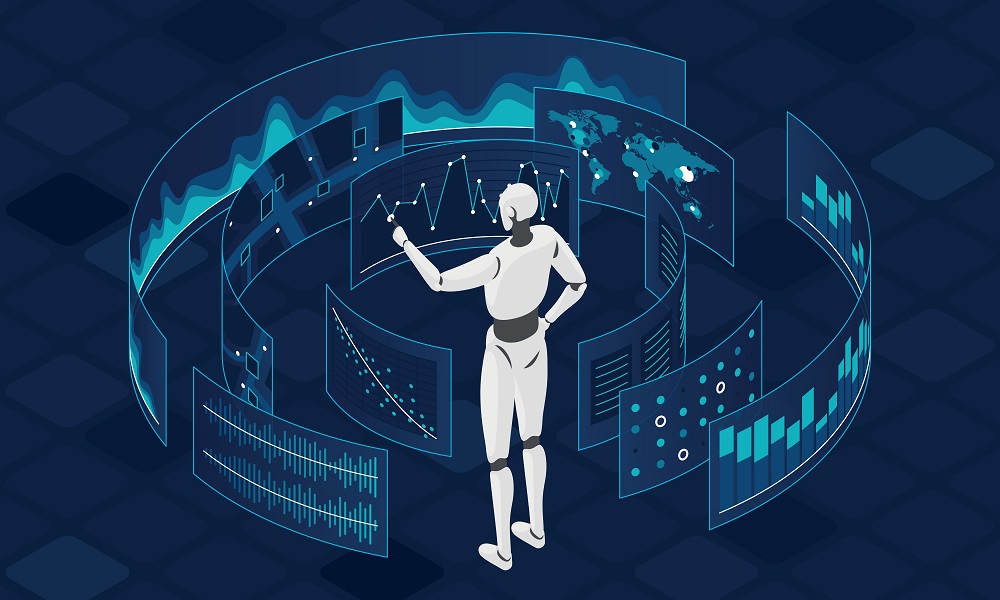AI and machine learning can be used to address issues of data privacy in several ways:
- Data anonymization: Machine learning algorithms can be used to remove personally identifiable information (PII) from data sets, making it difficult to link the data back to a specific individual.
- Data encryption: AI can be used to encrypt sensitive data, making it unreadable to unauthorized parties.
- Access control: Machine learning algorithms can be used to monitor access to data and flag any suspicious activity, such as an unauthorized person attempting to access a database.
- Risk assessment: AI can be used to analyze data and identify potential privacy risks, such as sensitive information being shared publicly.
- Privacy-preserving machine learning: Algorithms such as Federated Learning, Multi-Party Computation, and Differential Privacy, allow for machine learning models to be trained on decentralized data which can be kept private and secure.
- Explainable AI: Machine learning models can be made more interpretable so that users can understand how and why the model is making certain decisions, which can help to build trust and ensure that data is being used appropriately.




0 Comments